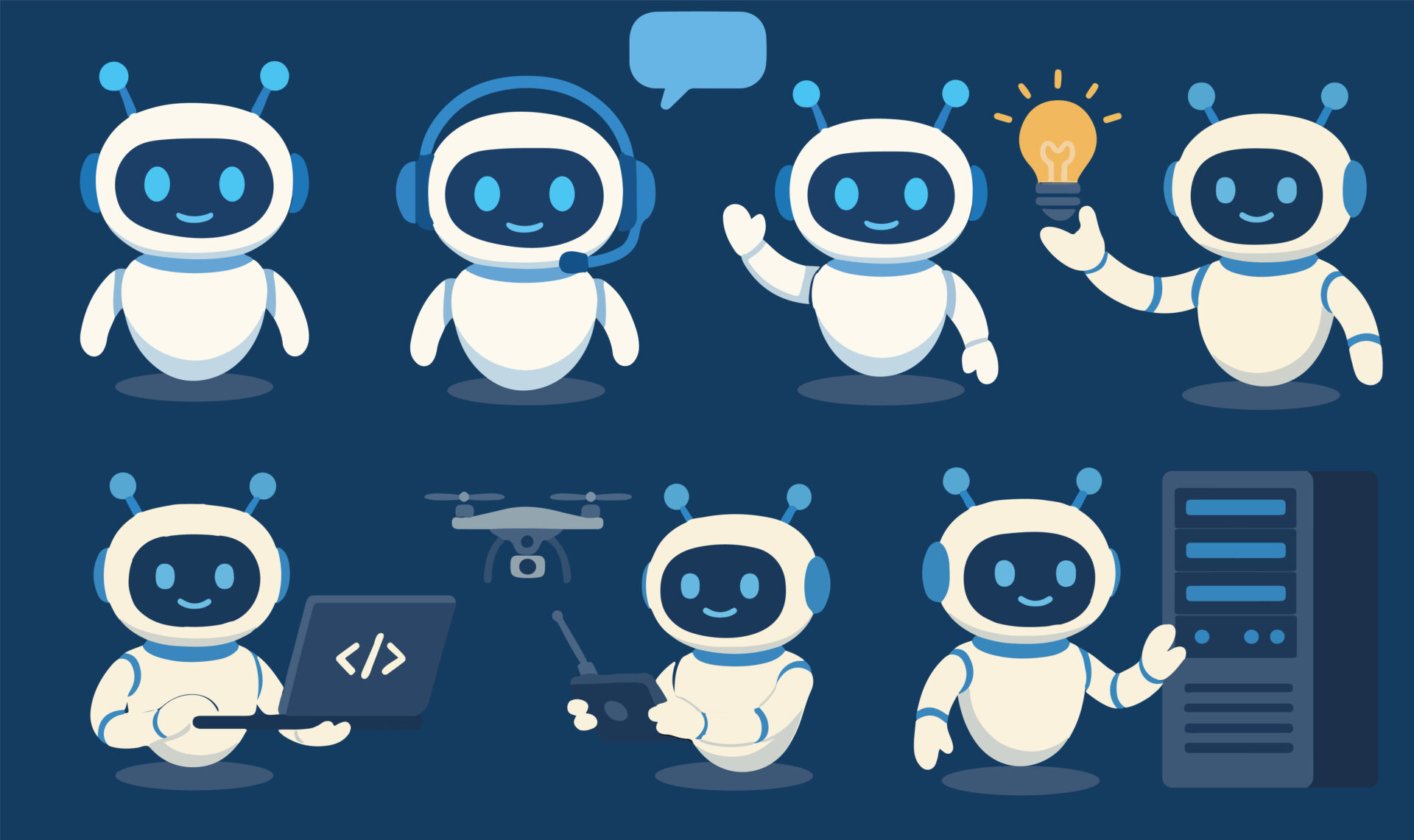August 14, 2025
5 min read
Allie Nawrat
7 in 10 Leaders Believe Agentic AI Will Boost Financial Success, Yet Only 40% Trust It for Financial Decisions
Organizations worldwide are increasingly embracing agentic AI, but concerns remain about its role in decision-making, according to new data from Workday. Fewer than 1% of organizations have no plans to use agentic AI, based on a survey of 2,950 leaders globally. The findings reveal that 71% of leaders believe AI agents will drive financial success, and 56% expect a return on investment within six months.Optimism and Adoption of Agentic AI
- Only 27% of respondents think agentic AI is overhyped.
- 88% believe AI will ease workloads and boost productivity.
- 75% are comfortable teaming up with AI agents.
- 82% recognize the innovation benefits AI agents bring.
- 63% prefer working for companies investing in AI agents. Despite this optimism, concerns persist:
- 48% worry AI is destroying critical thinking skills.
- 36% feel AI erodes meaningful human interactions.
- 48% fear AI will increase pressure to work faster.
- 44% cite ethics and governance challenges.
- 39% are concerned about security and privacy.
- 30% fear AI misuse. These concerns create barriers to adoption and limit the full potential of agentic AI.
- Only 25% are happy with AI operating in the background without human knowledge.
- Just 40% are comfortable with AI making financial decisions. Kathy Pham, Workday’s VP of AI, emphasizes the importance of guardrails:
- AI Agents are Broken: Can GPT-5 Fix Them?
- 7 AI Uses for AI Agents to Address Alert Fatigue
- 9 Agentic AI Workflow Patterns for 2025
The Need for Clear Boundaries and Trust
Workday’s research shows that while 75% of leaders are comfortable with AI as a teammate, only about one-third are comfortable being managed by AI. There is a strong desire for clear boundaries on AI’s role at work:"Employees are more trusting of AI when their company sets rules for its use. By creating these guardrails, leaders build a safe environment that empowers employees to use the tools effectively without fear."Pham also highlights that trust in AI grows with increased use and training:
"Leaders must focus on helping employees learn how to effectively leverage these tools."
Redefining Management Roles with AI
Pham advises HR leaders to rethink management roles by using AI to enhance, not replace, managers:"AI can handle repetitive, data-heavy tasks, like gathering information for performance reviews. This frees up managers to focus on what only humans can do: meaningful coaching and building personal connections with their team."She adds:
"HR leaders should train managers to leverage these AI tools to handle administrative burdens, allowing more time for human-centered work."
Frequently Asked Questions (FAQ)
What is Agentic AI?
Agentic AI refers to artificial intelligence systems that can operate autonomously to achieve specific goals, often involving planning, decision-making, and execution without constant human intervention.How do organizations view agentic AI's impact on financial success?
A significant majority, 71% of leaders surveyed, believe that agentic AI will drive financial success for their organizations.What are the main concerns leaders have about agentic AI?
Key concerns include the potential erosion of critical thinking skills (48%), the decrease in meaningful human interaction (36%), increased pressure to work faster (48%), ethics and governance challenges (44%), and security and privacy fears (39%).How comfortable are leaders with AI making financial decisions?
While there is optimism about AI's role, only 40% of leaders are comfortable with AI making financial decisions.How can companies build trust in agentic AI?
According to Workday's VP of AI, Kathy Pham, trust in AI is built when companies establish clear rules and guardrails for its use, creating a safe environment for employees. Increased use and effective training also foster trust.How can AI redefine management roles?
AI can handle repetitive, data-intensive tasks, such as data gathering for performance reviews. This frees up human managers to focus on coaching, building relationships, and other human-centric activities.Source: Originally published at UNLEASH on August 14, 2025.

